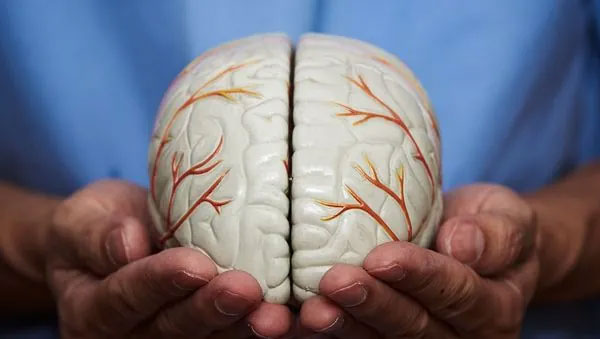New study finds brain cells continue to grow even in old age
A new study reveals that neurons in the brain's memory center, the hippocampus, continue to form even into late adulthood.
The study, published in the journal Science, provides strong new evidence that the human brain continues to generate new neurons in the hippocampus – a region of the brain important for memory – even in later life. The study, conducted by scientists at the Karolinska Institute in Sweden, helps resolve a decades-long debate about how adaptable the adult brain really is.
The hippocampus plays a key role in memory, learning, and emotional regulation. In 2013, Jonas Frisén and colleagues at the Karolinska Institute made headlines when they demonstrated that new neurons can form in this region during adulthood. They analyzed the concentration of carbon-14 in DNA extracted from brain tissue, allowing them to estimate when these cells were 'born.'
Despite this discovery, questions remain about the true importance of neurogenesis. In particular, scientists lack direct evidence that the cells responsible for creating new neurons—called neural progenitor cells—are present and actively dividing in the adult brain.
'We have now been able to identify these cells of origin, which confirms that the process of new neurogenesis continues in the hippocampus of the adult brain,' said Professor Jonas Frisén, Head of the research group at the Department of Cell and Molecular Biology at the Karolinska Institutet.
In the new study, the team combined several cutting-edge methods to examine brain tissue from individuals aged 0 to 78, sourced from international biobanks. They used single-nucleus RNA sequencing to analyze gene activity in individual cell nuclei, and flow cytometry to study cell characteristics. Combined with machine learning, the researchers identified different stages of neural cell development, from stem cells to young neurons, many of which were in the process of dividing.

To locate these cells, the team used two techniques that show where genes are active in tissue: RNAscope and Xenium. These methods confirmed that the newly formed cells were located in a specific region of the hippocampus called the dentate gyrus. This region is important for memory formation, learning, and flexible cognition.
The results showed that adult human neural progenitor cells were similar to those in mice, pigs, and monkeys, but there were some differences in the genes they were active. There was also great variation between individuals – some adults had many neural progenitor cells, while others had almost none.
'This provides an important piece of the puzzle to understand how the human brain functions and changes throughout life. Our research may also have implications for the development of regenerative therapies to stimulate neurogenesis in neurodegenerative diseases and psychiatric disorders,' explains Professor Frisén.
You should read it
- ★ Artificial neurons have been able to communicate with biological neurons via the Internet
- ★ This is what happens to the brain when you are hit on the head
- ★ Stem cells help patch brain damage in stroke victims
- ★ Fun science: Test your brain age through 6 pictures below!
- ★ Science discovers pregnancy permanently changes the brain